What It is not unusual for individuals to have a career they did not anticipate having, and Leslie Simmons, the President and CEO of Carroll Hospital and Executive Vice President of LifeBridge Health, is no exception to that. A nurse by background, she told me she “never started out to be a nurse.” She held her first management role in 1989 as the head nurse of a critical care unit and was lucky enough to continue to move up in increasing responsibility.
In addition to her professional life, she has been married for 39 years and has two grown children and three grandchildren. It seems she’s living the dream, able to maintain a work-life balance most spend their entire careers seeking. It’s hard to believe that someone in her position did not start off with that goal in mind, but perhaps that is something that helped her get to where she is. “It’s important to have people who see things in you that you didn’t see in yourself,” she expressed, and that remained a theme during our interview.
Who or what inspired you to enter your career field?
I was a secretary in a construction firm. Then I was a secretary in a hospital, and ultimately an EKG technician. One day I got called into the Chief of Cardiology’s office, and I thought I did something terribly wrong. He said “I’ve been observing you, and I think you would make a great nurse.” You could have been talking to me in a foreign language. He told me “I’m going to pay for the first three months of basic nursing, and if you like it, we have a loan workback program, and if you don’t like it, you can come back to the department.”
So, to make a long story short, he was there at graduation, where I won two awards. I don’t know who was more proud: him or my dad! I’ve had the gift in my career to have people see things in me I didn’t see in myself. That is what has led me to different opportunities.
What is your typical day like?
Right now, it’s a little crazy because I’m responsible for Carroll Hospital and Levindale Hospital, which is in Baltimore. Then I have cross-system responsibility for lab, pharmacy, environmental services, transportation, food services and hospice, palliative care, and other post-acute services. So, it’s a lot of coordination for not only Carroll but the whole system. We are in our third year of being part of LifeBridge Health. It’s been a great merger, because we have a fair amount of local autonomy, so most of my day is spent on making sure Carroll remains focused on its local community mission, but also opening Carroll’s eyes to other opportunities to collaborate in the system so we can do things more efficiently and bring more services to our community. It’s really about building relationships and getting people to come together around decision making.
Do you find you miss the intricacies of being “in the field”?
There are some days, I have to say, I miss it terribly. Usually when I feel that sense and the need to reconnect with my purpose. That’s when I’m out there connecting with the people—where the work is happening. I think making sure you’re not too far removed from the real work is what helps me be effective in this job. You have to know what you’re advocating for.
What are three pieces of advice you could give to readers about juggling a busy career and life?
I think in order to be successful, you have to love what you do. If you get up every day and can’t find great purpose in what you do, it’s time to find something new. If you love what you do, you find the energy and the passion to keep going, and that energy and passion is what drives your achievement.
My purpose every day is to make it better for the people who are taking care of our patients. That purpose drives me. I think you need to sense your own barometer for when enough is enough. You need to have the self-awareness to know when you need to disconnect and recharge. The last thing I always live by is “never forget from whence you came.” I think today’s leaders who are most successful are authentic. Being vulnerable and authentic is not a sign of weakness; that’s how you build trust.
What do you think has helped you the most with your success?
Probably the purpose and not being too disconnected from the real work. I draw on my nursing background and my ability to build relationships every day.
What has been the biggest challenges you have overcome to achieve your goals?
I think developing my situational leadership. Trying to understand what style of communication people need and adapting my communication to them to get what need done. You have to be really adapted to people to tailor your communication, and there’s an art to that.
How do you reward yourself?
Coffee is my vice, but I do think you have to keep healthy. Health is really my reward.
What is one sassy saying or quote that inspires you? Why?
The one that rises to the top is probably “never forget from whence you came.” It just applies in so many ways.
How do you give back to your community?
I really think it’s my responsibility to be visible in the community and support community initiatives.
What is your favorite question to ask others?
People love to ask “will you be my mentor?” My favorite question to ask them is “will you put the work in I will require of you to be mentored?” If they’re willing to put in hard work and articulate back what they’d like to get out of the experience, that’s somebody I’m interested in mentoring.
What does mentoring mean to you and who would be your ideal mentee?
I love to mentor people I see something in. Two of the people I am mentoring now, I asked them “do you want me to mentor you?” To me, if you have a good mentor, they tell you things you don’t want to hear, too. You have to be ready for that. I want someone who is going to put in just as much work as I do into the experience.
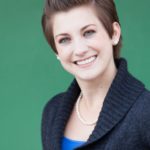
Alexandria Pallat
Alexandria Pallat is a professional writer and editor and blogger at Digital Ink & Parchment. Her goal is to help other girls and women work through their struggles from a faith-based perspective. She is also an adoring dog mom and spends her weekends adventuring with her dog, Belle. She hopes to spread the message that struggles shape us but do not define us and remind young women they have more to offer than they think they do.
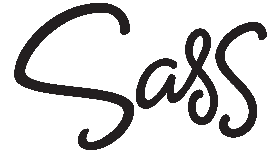
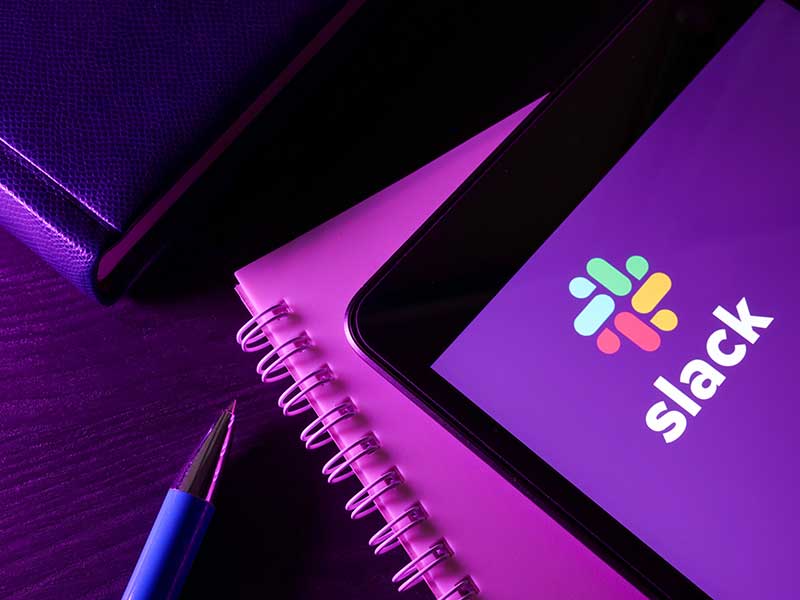

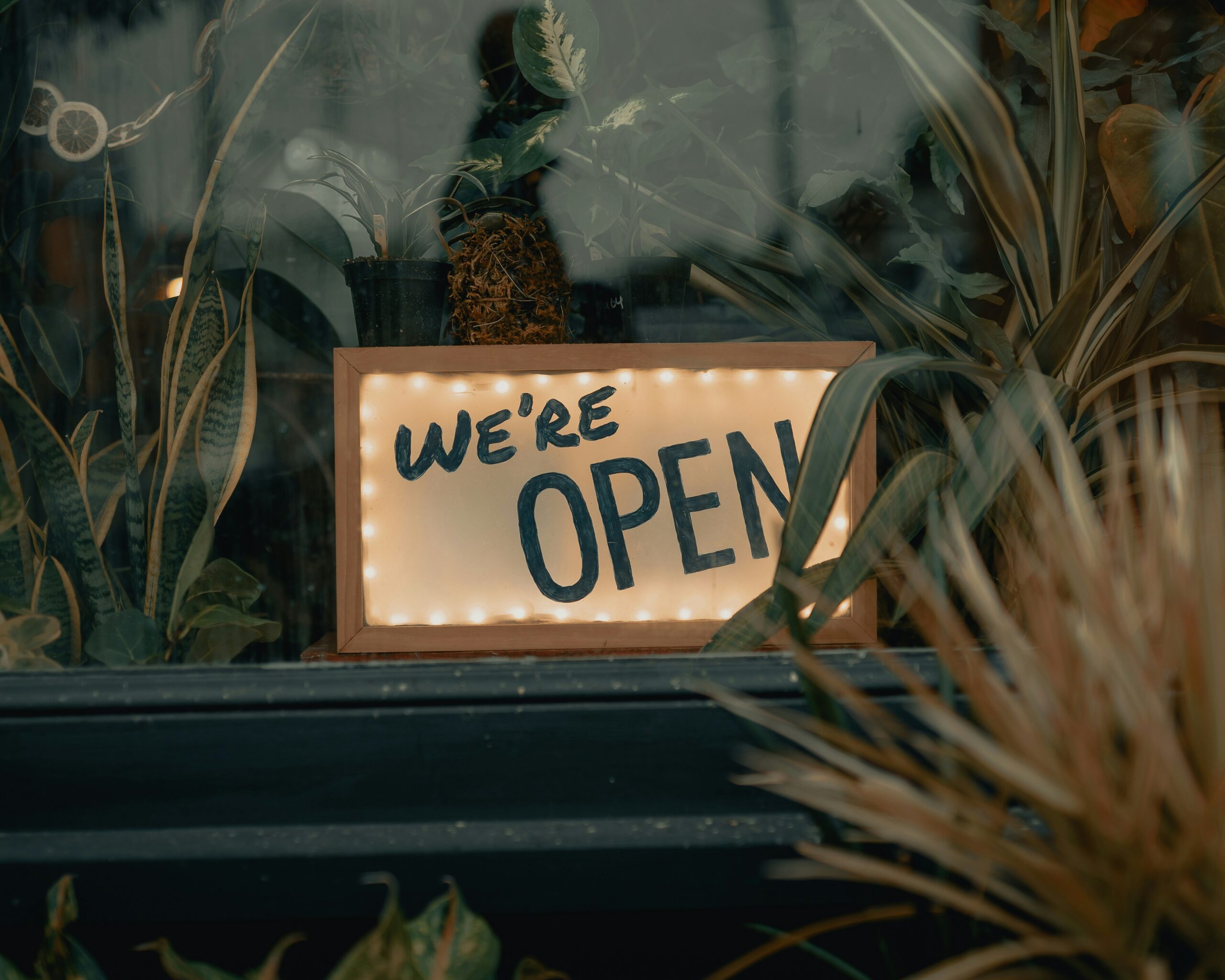



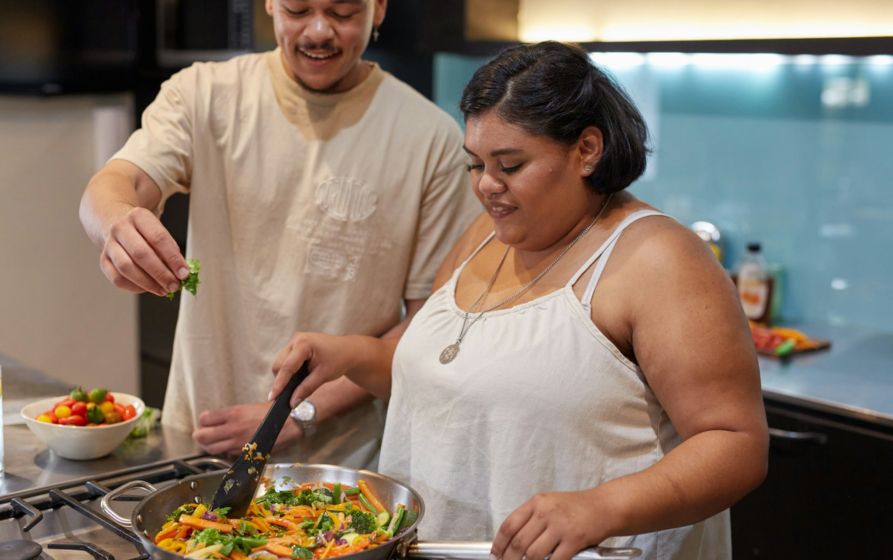









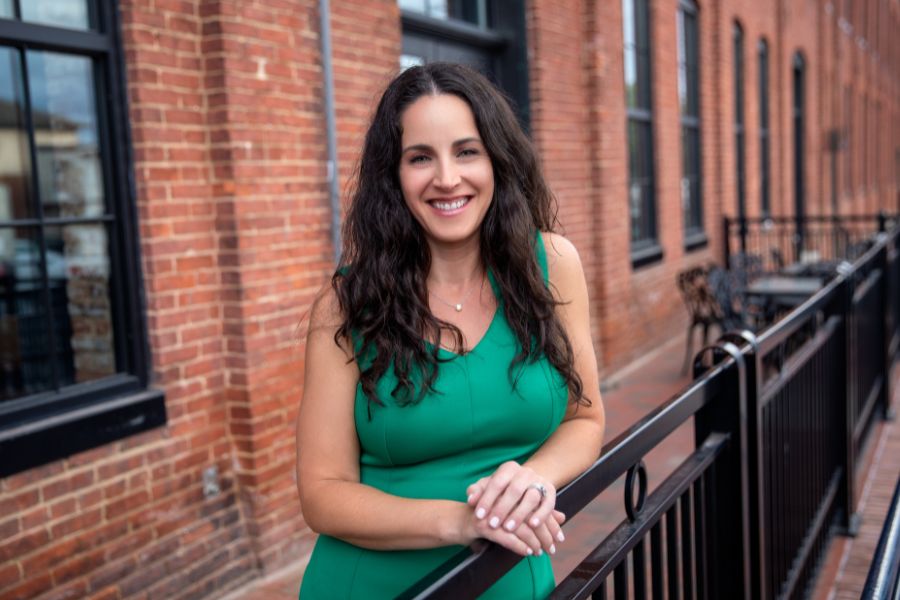
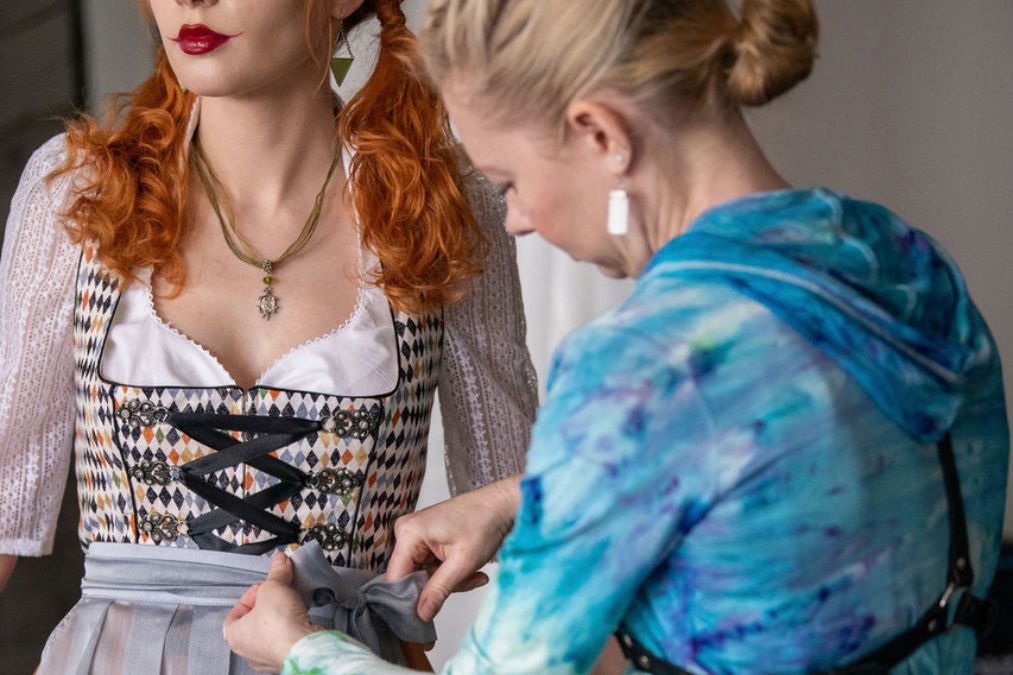






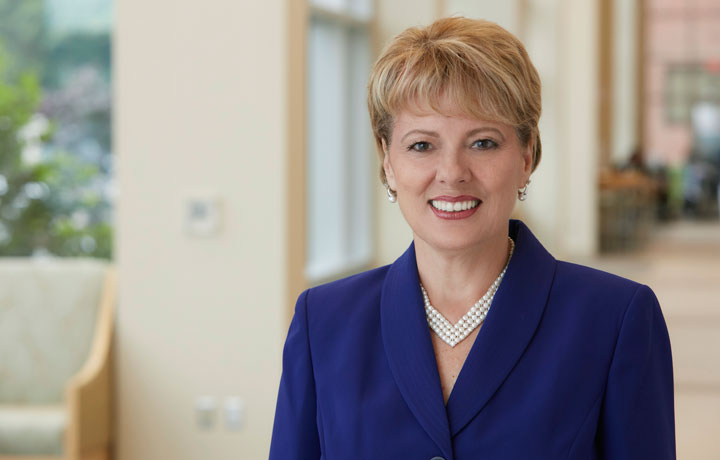
Subscribe so you don’t miss a post
Sign up with your email address to receive news and updates!